Airbnb’s rise has been meteoric. Just fifteen years ago, some investors balked at the idea because they weren’t sure the company’s vision was viable. Who would want to take the risk of letting a complete stranger sleep in the same place that you do?
Nowadays, those concerns have disappeared completely. Airbnb is a household name. It’s estimated that the company has 150 million users in 65,000 cities all around the world. And it is all due to the trust economy.
So what is Airbnb’s secret? How did they create a level of trust so strong that it overcame the innate human fear of strangers? The short answer is the company did it with the power of user reviews.
Now for the long answer. According to one of Airbnb founders, Joe Gebbia, one of the biggest problems that the company faced was overcoming the stigma of letting someone you don’t know stay inside your house. After all, the inside of your house is a personal space. A stranger with no regard for your well-being might end up throwing a party and leaving the whole thing destroyed.
The team at Airbnb realized that they had a problem in their hands. Their users and hosts just didn’t trust one another. In order to overcome this problem, Airbnb built its platform to facilitate trust between homeowners and users. They made sure that user reviews were prominently featured. Now, homeowners could easily see how other Airbnb hosts ranked users.
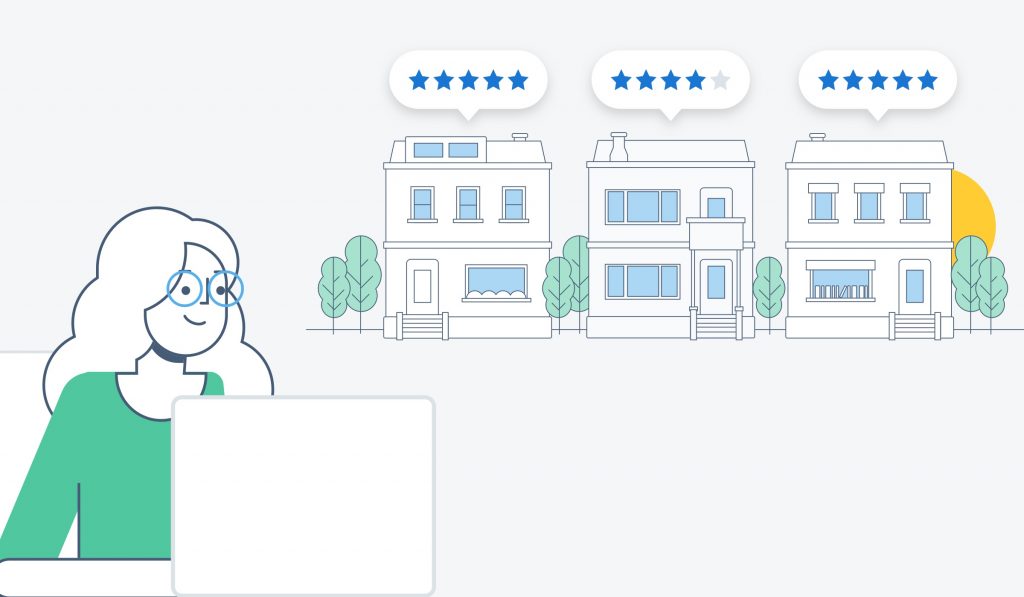
Of course, not everything went smoothly for Airbnb’s review system at first. Originally, reviews didn’t seem to reflect the real opinions of hosts and users. The problem was that users and hosts were asked to review each other while they were still staying in each other’s homes. It’s understandably tough to give a one-star review to somebody sleeping in the next room.
In order for these reviews to truly mean something, they had to reflect the real opinion of users. Airbnb designed its platform so that users could only leave reviews once the guest had left their home and both parties felt like they could be honest about each other.
People usually don’t trust strangers. Seeing honest reviews helped Airbnb’s hosts and guests to overcome this natural bias. As Joe Gebbia said during his TED Talk, “Now if you’ve got less than three reviews, nothing changes. But once you have more than ten reviews, everything changes… The right design can actually help us overcome one of our most deeply rooted biases.”
Gebbia went on to explain how reviews helped users trust one another. Trusting a stranger is significantly easier if you know their reputation. For example, if ten of your friends tell you that Mike is good at repairing cars, you’ll probably have a much higher chance of going to Mike next time you’re having car trouble. Even if you’ve never met Mike, you trust Mike because your ten friends trust him, and that is his reputation.
Online reputation works exactly the same way. Reviews helped Airbnb hosts trust potential guests because they didn’t seem like really strangers anymore.
What Airbnb Teaches Us About the Trust Economy
Reviews are Powerful
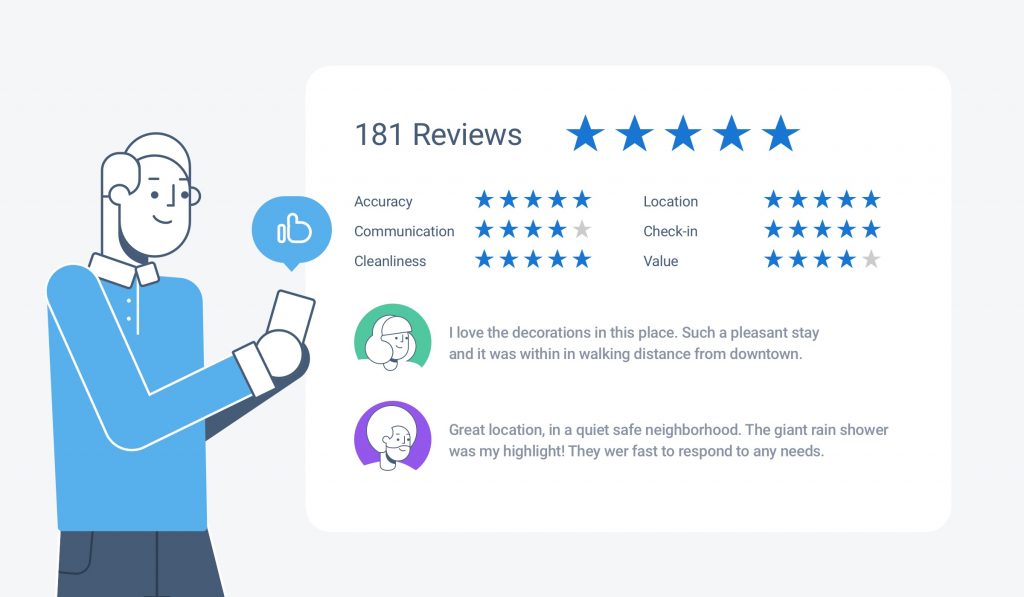
The story of Airbnb’s success is yet another example of the rise of the trust economy. Airbnb is hardly alone in using reviews to catalyze success. After all, Uber uses reviews to help users feel more comfortable about getting into a stranger’s car. In both these companies, reviews help you to start trusting strangers you might’ve otherwise been skeptical of.
In the trust economy, customers buy from people and institutions that they can trust. Reviews help to establish this trust between people and institutions. With reviews, you aren’t dealing with a stranger. You know exactly what you’re getting into and what to expect.
Though the idea might be more widespread nowadays, the trust economy has always existed. After all, nobody wants to do business with a person or an institution they can’t trust. Businesses with bad reputations have always been avoided.
In recent years, the trust economy has just increased in scale. Nowadays, anyone can open up Google and see how other customers are rating your business. In a few short seconds, potential customers can instantly know your business’s reputation.
In the trust economy, reviews are powerful. New customers make purchase decisions based on the genuine experiences of other existing customers. Without reviews, your business is operating at a disadvantage. Even if your business is providing the greatest product that’s ever been sold, it won’t mean anything if nobody knows about you.
Reviews Work When People Trust Them
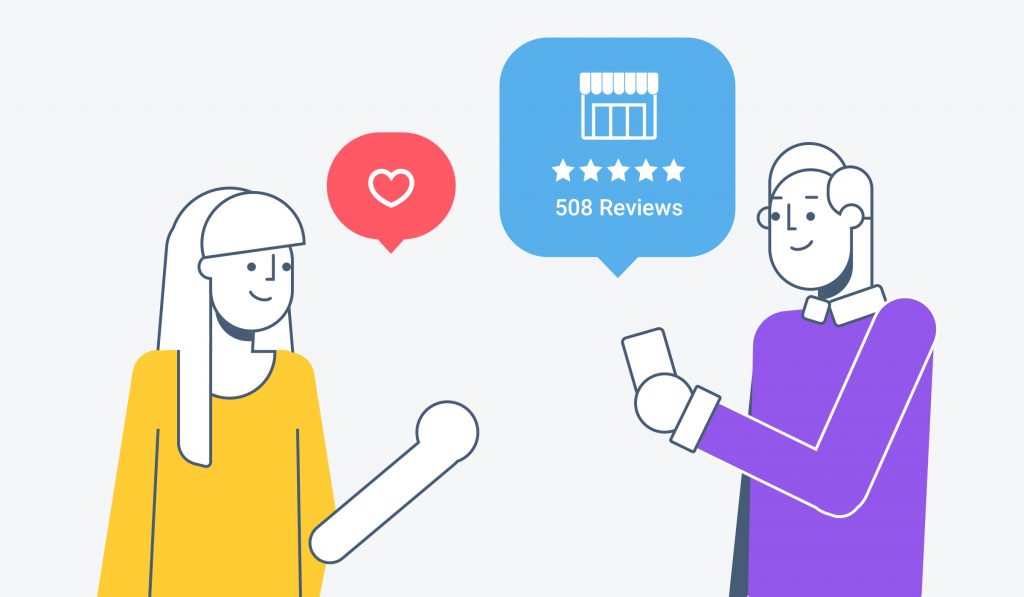
Remember, Airbnb’s review system didn’t work great at first. The team had to tweak how the system worked so users and hosts could give honest feedback about each other. Only then did the company’s growth really take off.
The story sends a clear message: In the review ecosystem, honesty is the best policy. Airbnb’s reviews only worked when people had faith in them. Reviews only work when people trust that they represent the real, unbiased experiences of customers.
Businesses can’t win by cheating the system, whether that’s by buying fake reviews or only asking for reviews from a certain specific group of customers. When businesses use these dishonest tactics, they don’t just risk penalties from review platforms or in extreme cases, the FTC. They risk losing the faith of their customers.
How Businesses Can Get Ahead in the Trust Economy
Though it might sound ridiculous at first, online reviews are magic. The power of reviews got homeowners to let strangers into their homes. Reviews helped turn Airbnb into a billion-dollar company.
Why not use some of this power to help drive growth for your business? The story of Airbnb shows that more reviews can help your business thrive. If reviews helped people overcome the natural fear of strangers, there’s no telling what they can accomplish for your bottom line.
Still, this power only works if the reviews are gotten honestly. The trust economy only works if customers can trust the reviews they see.
Let’s talk about how you use the power of reviews while still maintaining the trust of your customers.
Automated Review Requests: More Reviews and More Trust
Remember, for Airbnb ten reviews was the magic number that got users to trust each other. Fewer reviews made it hard to trust the user. If users weren’t coming in with a clearly-defined reputation, Airbnb hosts were not interested.
The same concept applies to businesses. Just like it’s hard to trust an Airbnb user with no reviews, customers find it hard to trust a business with no reviews. According to Psychological Science, given two products with similar ratings, customers are more likely to choose the product with more reviews. You can imagine how many customers businesses with few reviews are losing.
The recency of your reviews is important too. 44% of customers think reviews older than a month are relevant. That makes it necessary for businesses to constantly send review requests and get new customer feedback.
But customers aren’t the only ones who care about review quantity and review recency. The more recent reviews you have, the higher the local search ranking you’ll have on Google.
There’s an easy way for you to get more reviews and build trust in your business: simply asking customers for reviews. 70% of customers say they will leave a review if asked. To make the process easy for customers, you can send emails and texts that link directly to your review page.
By getting more customer reviews, you can get potential customers through the door. Just like it’s difficult to let a stranger sleep at your house, it can be hard to hand over money to a business that you’ve never heard of. With reviews, you can spread the word about your reputation far and wide.
To get a constant stream of new reviews, you can manually send review requests to your customers on a regular basis. But this might not be an option depending on your situation. This can be a time-consuming process. With all the work that goes into running a business, there probably isn’t enough time to sit down and send out manual review requests to your customers.
With Birdeye, you don’t have to manually send review requests. You and your employees have enough on your plate already. By integrating your Customer Relationship Management system with our platform, you can automatically send review requests to your customers and get new reviews.
Get New Reviews with Birdeye
In the trust economy, your reputation is everything. Birdeye gives you the tools you need to stay on top of customer feedback and be the best business in the eyes of customers.
The Birdeye all-in-one dashboard helps businesses stay on top of all aspects of customer feedback. You can send automatic review requests, monitor and respond to reviews on 150+ sites, and get insights based on customer feedback.
Watch a demo to see why more than 150,000 businesses use Birdeye to get new customers and drive growth.
Originally published
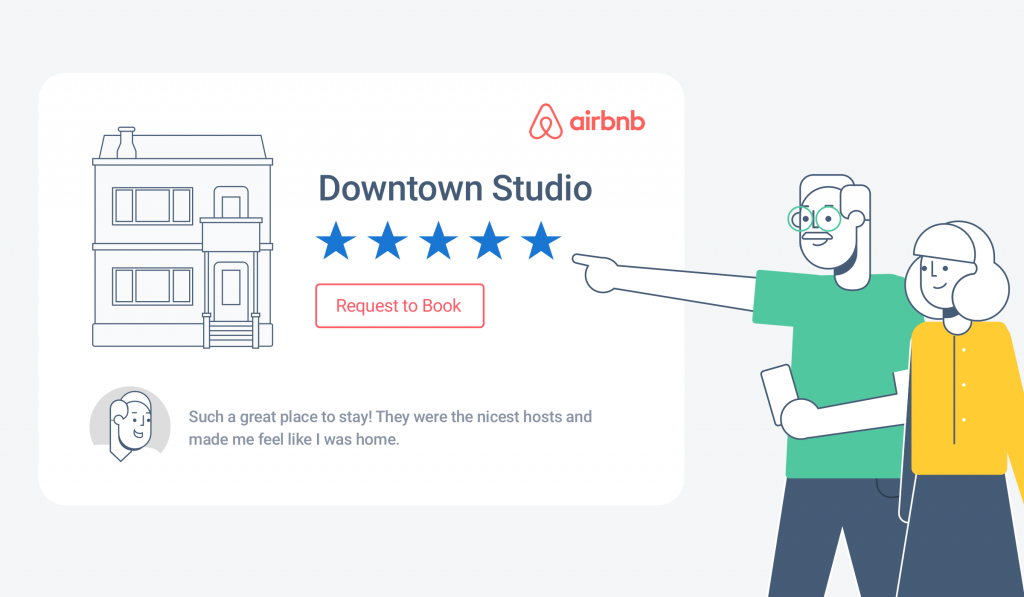




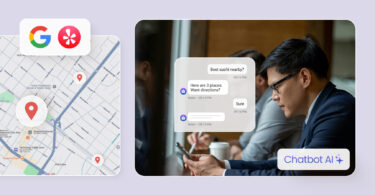
![[Feature image] The best AI tools for business in 2025 A complete guide for productivity, content, and growth](https://birdeye.com/blog/wp-content/uploads/Feature-image-The-best-AI-tools-for-business-in-2025-A-complete-guide-for-productivity-content-and-growth-375x195.jpg)


